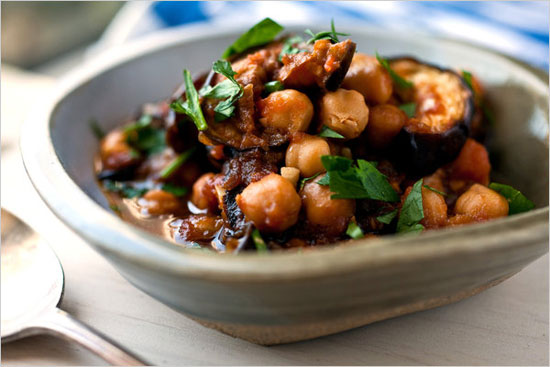Although an old and traditional food in some cultures, chickpea did not receive the attention it deserves. However, chickpeas has a great value and would be beneficial to you to add it on your list of culinary priorities. This food is rich in minerals, vitamins and proteins, and can be an ideal substitute for meat protein.
Although in the past, it was recognized as a product used by the poorer classes, in Egypt, Athens and Rome, a delicious chickpea dish was enjoyed by nobles from time to time and with great pleasure.
Today, chickpeas are very popular in India and Muslim countries, but also in Italy (including Sicily) and Spain. In Europe, this legume has become popular due to the Europeans opening to exotic culinary experiences and at the same time, the desire to find an alternative to proteins found in meat.
In addition to vegetable protein content, minerals such as potassium, magnesium, phosphorus, calcium, selenium and trace elements (oxide fibers), chickpeas contain insoluble fiber, which is extremely beneficial to combat constipation and for appetite control, quickly producing a feeling of saturation. These fibers are not absorbed in the intestines.
Chickpea consumption reduces bad cholesterol in the blood and preventing cardiovascular diseases.
How you can prepare chickpeas?
You can use chickpeas beans either in salads or as preparations such as mashed chickpeas, fried chickpea puree or whole grains chickpea. If not already prepared, chickpeas beans should be left to soak (in water) for 12 hours. Then drain and dry well, then you can start preparing it.
In some parts of the world, chickpea seeds are used as flour for producing bread: Italy, Iran, India, Afghanistan (Chickpea flour is also used in the preparation of biscuits).

